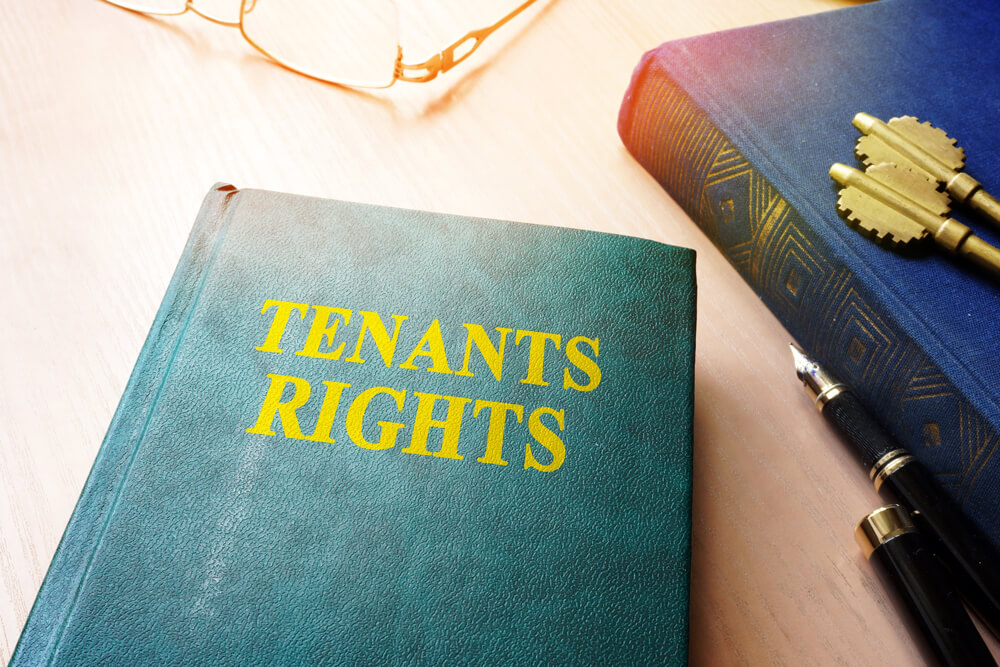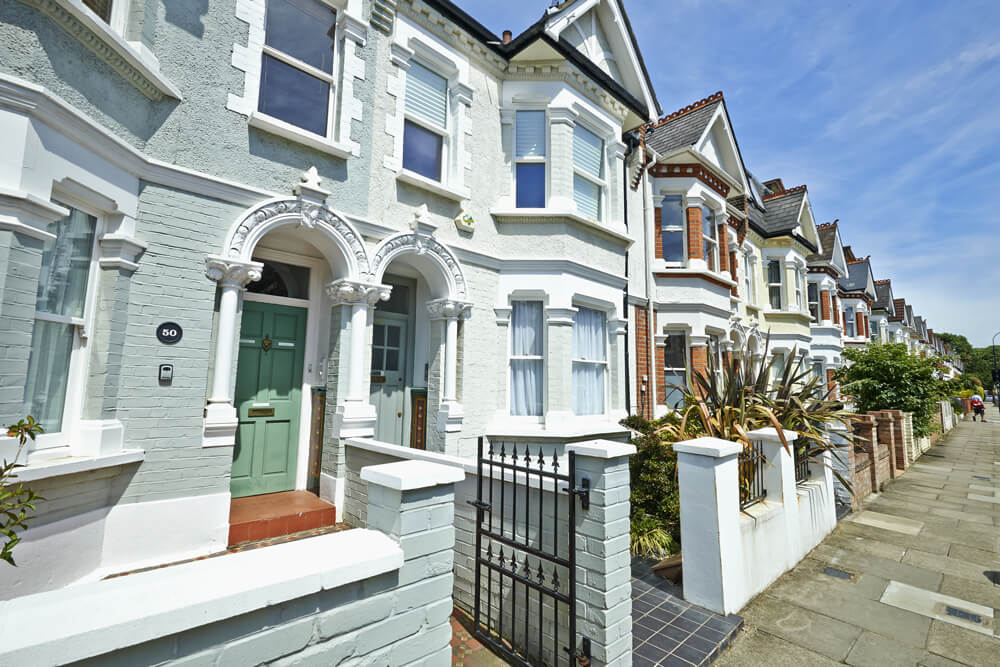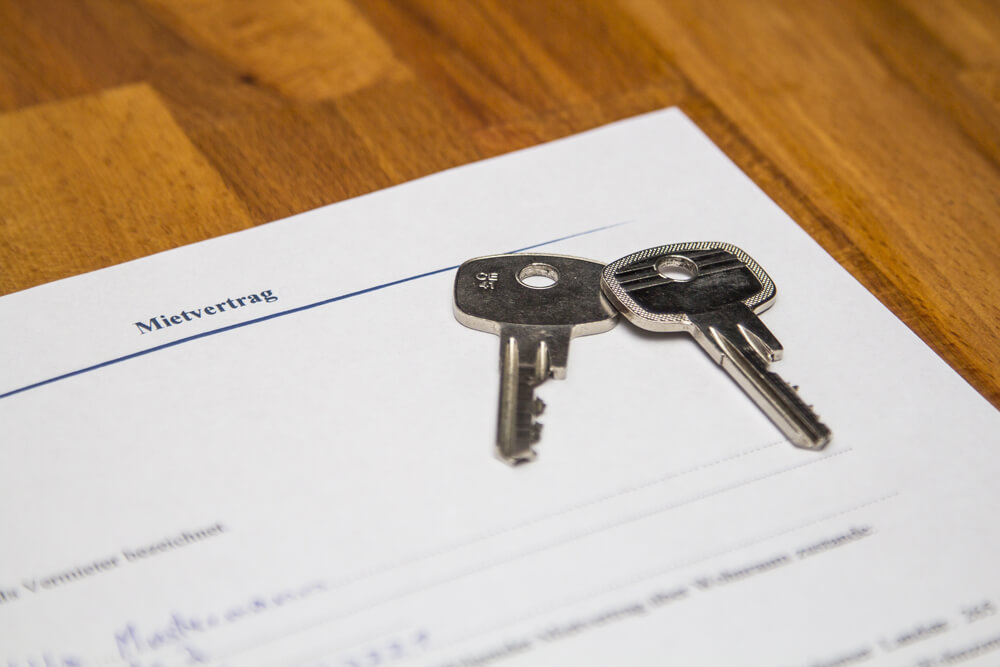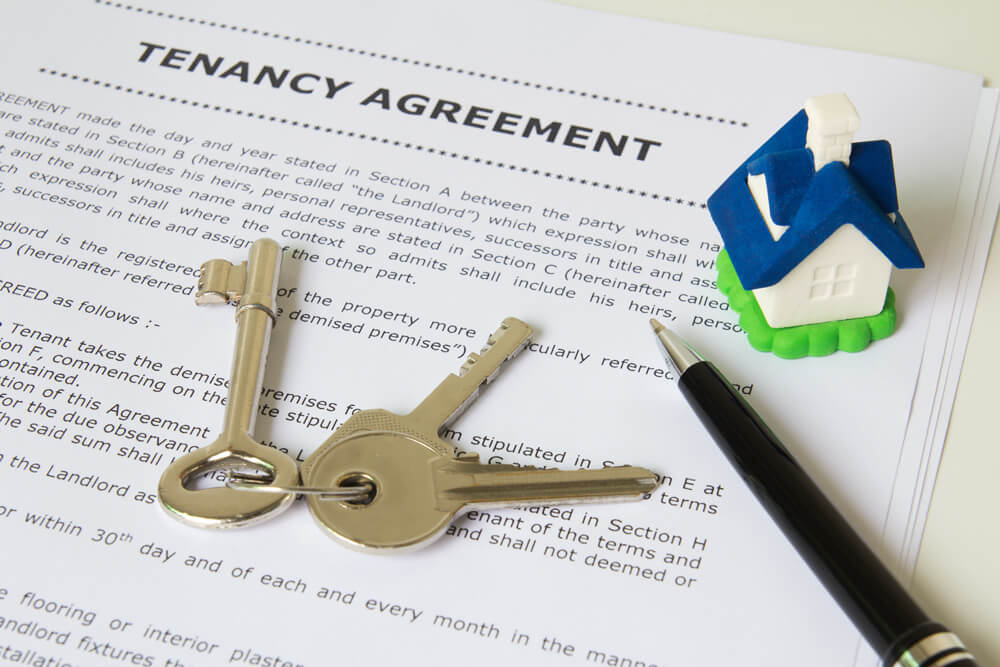
Sufficient Facilities
Sufficient facilities are non-negotiable. In the UK, the tenant is legally entitled to sufficient facilities. Facilities include, a functional oven, usable bathroom facilities, a home phone, and a well-ventilated corridor and rooms. At no point should the tenant be deprived of basic house facilities. The property must also be well secured, with running water and a stable power supply. In some cases, a backup generator comes in handy. Facilities should be continuously upgraded, as a lack of improvement in the property reduce the quality of the tenant’s experience. As Yoda says, “Do or do not. There is no try.”
Repairs
Some landlords don’t do repairs, in this situation, tenants are left to tackle the deterioration of the rental property alone. Constant maintenance is expected, but, usually, it is neglected. If the tenant reports a problem on the property, the landlord is expected to take instant action, and the problem should be solved as soon as possible. It is the right of the tenant to get any damaged or faulty facilities repaired immediately.
Tenancy Agreement
Every tenant is legally entitled to have a tenancy agreement on paper – the tenant must have their own copy and an explanation of the tenancy agreement. The tenancy agreement will contain the rights of the tenant as expressly contained in the housing acts; it also should contain the agreement of the tenant with the landlord. A breach of the tenancy agreement is an infringement on the rights of the tenant and it’s possibly prosecutable. Tenancy agreements usually contains the start of the tenancy, repairs and maintenance of facilities, and conditions for the end of the tenancy. The tenancy agreement usually contains some standard clauses.
Protected Security Deposit
Your landlord is legally required to protect your security deposit, it may be placed in a government scheme or in a bearing account. Your security deposit must be returned at the end of your tenancy. In a situation where money has been deducted from the security deposit, your landlord is equally obliged to inform you. In some states, your landlord has no legal right to hold your security deposit for more than 2 weeks after your tenancy, while, in other states, your security deposit must be returned within 4 weeks of the end of the tenancy.
Protection is key when talking about rights; yet most tenants aren’t protected. Tenants have their rights infringed upon because they don’t know them, or they’re not even aware they have them. B.K.S. Iyengar, says “Lack of knowledge is the source of all trouble and distress whether dormant, attenuated, interrupted or fully active.” Please, know your rights, as failure to do so can be detrimental. Peace out.




 POSTED BY
POSTED BY 

